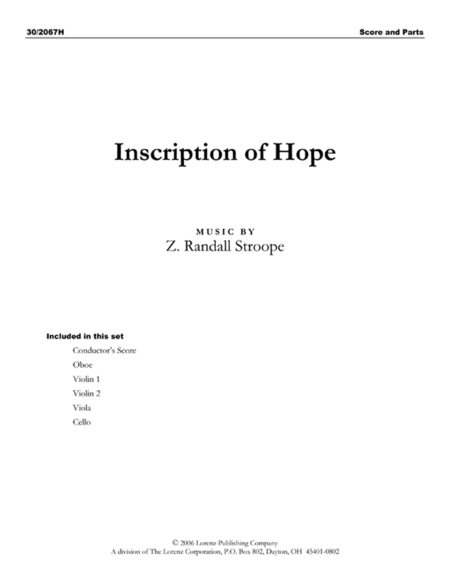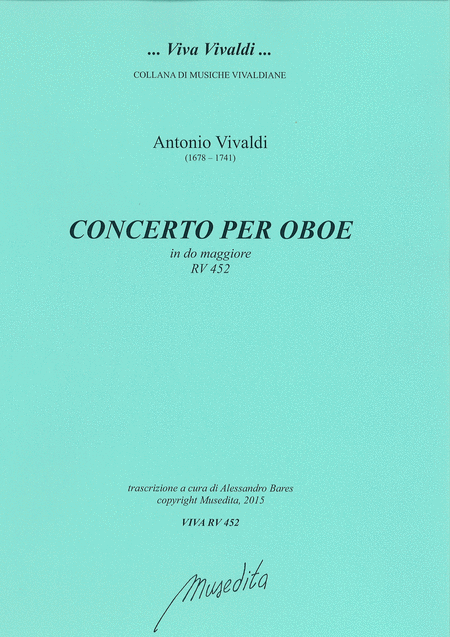George Frideric (or Frederick) Handel (1685 – 1759)
was a German-British Baroque composer well known for
his operas, oratorios, anthems, concerti grossi, and
organ concertos. Handel received his training in Halle
and worked as a composer in Hamburg and Italy before
settling in London in 1712, where he spent the bulk of
his career and became a naturalised British subject in
1727. He was strongly influenced both by the
middle-German polyphonic choral tradition and by
composers of the Italian Bar...(+)
George Frideric (or Frederick) Handel (1685 – 1759)
was a German-British Baroque composer well known for
his operas, oratorios, anthems, concerti grossi, and
organ concertos. Handel received his training in Halle
and worked as a composer in Hamburg and Italy before
settling in London in 1712, where he spent the bulk of
his career and became a naturalised British subject in
1727. He was strongly influenced both by the
middle-German polyphonic choral tradition and by
composers of the Italian Baroque. In turn, Handel's
music forms one of the peaks of the "high baroque"
style, bringing Italian opera to its highest
development, creating the genres of English oratorio
and organ concerto, and introducing a new style into
English church music. He is consistently recognized as
one of the greatest composers of his age.
After spending some of his early career composing
operas and other pieces in Italy, he settled in London,
where in 1711 he had brought Italian opera for the
first time with his opera Rinaldo. A tremendous
success, Rinaldo created a craze in London for Italian
opera seria, a form focused overwhelmingly on solo
arias for the star virtuoso singers. In 1719, Handel
was appointed music director of an organisation called
the Royal Academy of Music (unconnected with the
present day London conservatoire), a company under
royal charter to produce Italian operas in London.
Handel was not only to compose operas for the company
but hire the star singers, supervise the orchestra and
musicians, and adapt operas from Italy for London
performance.
Imeneo (alternative title: Hymen, HWV 41) is an opera
seria in three acts by George Frideric Handel. The
Italian-language libretto was adapted from Silvio
Stampiglia's Imeneo. Handel had begun composition in
September 1738, but did not complete the score until
1740. The opera received its first performance at the
Lincoln's Inn Fields in London on 22 November 1740, and
received another performance on 13 December. Handel
then revised the score, and this revised version
received concert performances in Dublin, on 24 and 31
March 1742. Charles Jennens, who created the libretti
for both Saul and Messiah, described Imeneo as "the
worst of all Handel’s Compositions", but added "yet
half the Songs are good". The first modern production
was at the Halle Opera House on 13 March 1960,
conducted by Horst-Tanu Margraf. The work was soon
after performed in Birmingham in 1961, under the
direction of Anthony Lewis. Lewis also led the first
London revival of the opera since Handel's time, in
1972 at the Royal Academy of Music. Lewis has prepared
a performing edition of the opera.
The setting is "A Pleasant Garden" in Athens. The opera
opens with Tirinto's lamentation of his lost love,
Rosmene, a virgin of goddess Ceres, to barbaric
pirates. Her confidant Clomiri, has also been abducted.
Together he grieves with Clomiri's father, Argenio. But
they learn that a brave, strong man named Imeneo has
killed all of the pirates as they slept. Everyone
rejoices, and Imeneo, along with the rest of the
country and Rosmene's parents, expects Rosmene to marry
him, though her true feelings are for Tirinto. Thus
Rosmene is caught in a painfully awkward love triangle.
Additionally, Clomiri has amorous feelings for Imeneo.
Clomiri helps Imeneo realize that Rosmene is hesitant
because of her relationship with Tirinto, and that she
is putting his contentment before hers. When Imeneo,
who insists that Rosmene is ungrateful, and Tirinto,
who calls her unfaithful, tell her to decide who she
will marry, she feigns a nervous breakdown in front of
the characters. Tirinto maintains that she is out of
her mind, but in the aria "Io son quella navicella"
Rosmene compares herself to a storm-tossed ship coming
to shore. Eventually, she marries Imeneo. She learns
that true love is not as important as honor and duty.
Rosmene asks Tirinto to be happy for her. Her decision
leaves Clomiri and Tirinto in tears. The chorus at the
end of the opera restates that one must not bow down to
one's desire, but to reason; one must not follow true
feelings and fidelity, but gratitude and honor.
Source: Wikipedia
(https://en.wikipedia.org/wiki/Imeneo).
Although originally scored for Violini, Viola, Mezzo
Soprano & Bassi, I created this Interpretation of the
Aria "Se potessero i sospir' miei" from "Imeneo" (HWV
41 Act 1 No. 2) for Oboe & Strings (2 Violins, Viola &
Cello).










